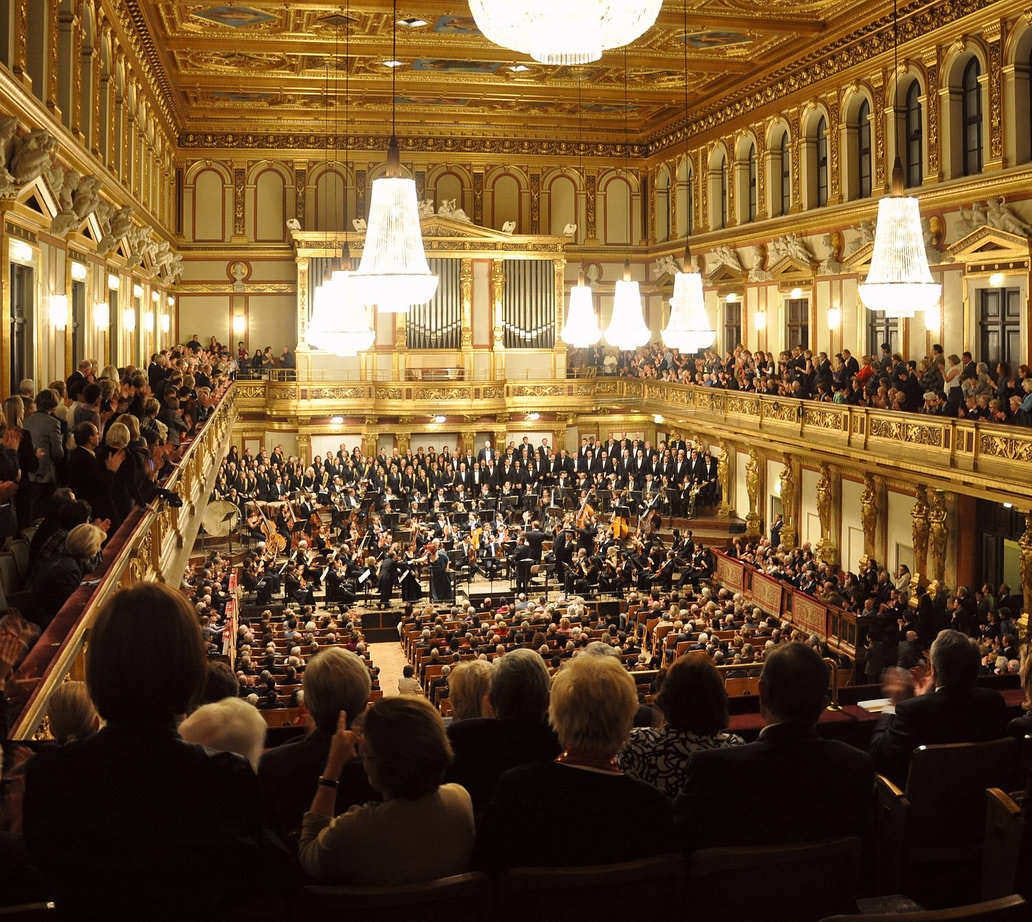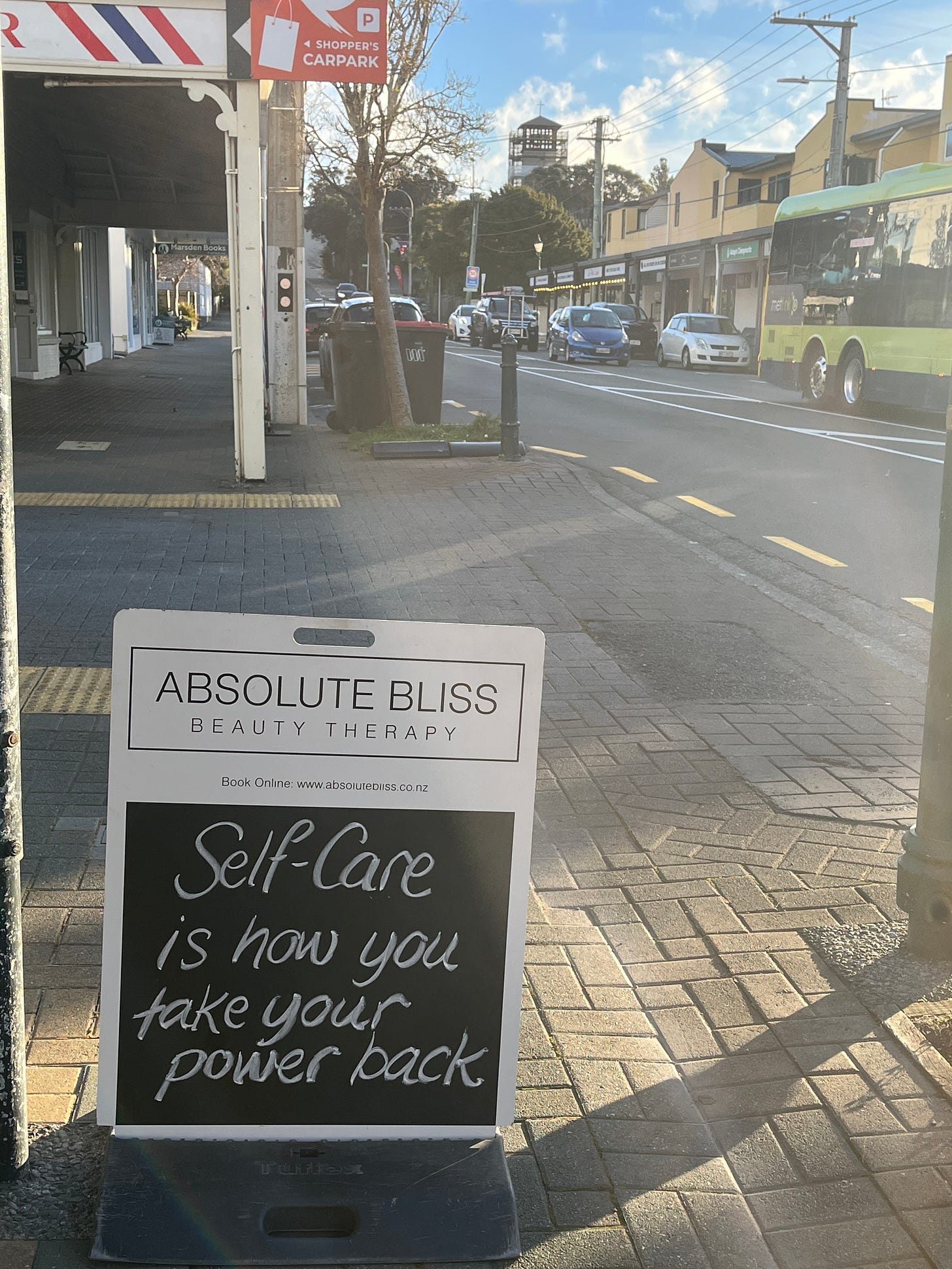There’ll come a day during your unending and expensive home renovation when you’ll have nothing left - no cash, certainly, and no memory of what life was like before. Your relationship with your neighbours may well be in tatters. You cannot get into your car port. There are no curtains in your bedroom, which faces the street. Your garden is a wasteland of old windows, bulging bin bags, and shredded sections of your house.
The only thing you still have is your dignity. And on this particular day, you may even lose that.
There you’ll be, sitting sideways on the toilet, hunched low with your face between your hands, desperately trying to scrunch yourself smaller. This is because there’s a scaffold outside your bathroom and any minute now, a builder might appear at the window, glance in, and lock eyes with you.
You’ve waited all morning for a good time to go but as you’ve learned over the past few months, when there are subbies around there’s never a good time for intimacies. So, you’ve dithered until you could dither no more, took a risk and committed. You can’t go back: it has begun.
Don’t bother urging yourself to hurry up. These things take longer if you’re tense. What will be will now, unfortunately, be: if anyone suddenly appears (their names are Leon! Josh! Zack! And Chris!) there’ll be no cover to take. Whoever it is will see you on the pot; later you’ll have to look them in the eye (Zack! And Chris!) and talk to them about fascia boards with your client face on. If any of this happens, you’ll die of shame. You’ll have to leave the house for the remainder of the build. Honestly? You may even sell.
The builders are everywhere and they’re unstoppable - three or maybe even four today, in wrinkled shorts and steel-capped boots, smelling pleasantly of sawdust, their earmuffs looped around their necks. Things have picked up around here since the sun came out. There’s a table saw in the garden doing a screaming trade, a boombox pounding regrettable commercial music, lengths of timber stacked along the path. Bristling tool-belts are plopped here and there. A can of energy drink sits high on the scaffold; a painter’s mask dangles from a rail.
Every so often between the screeching and thudding you’ll hear a burst of male laughter. It’s a friendly sound. It means the builders have formed a brief group, but you never know when a door might swing open or a shadow pass across a window. Metallic footsteps clang on the rig surrounding the house; men climb up and down ladders, lugging planks or exchanging power tools; somebody swings a hammer, while someone else drills a wall.
It’s industrial punk, atonal and furious, but by now you’ve internalised the waves of noise. The cat barely twitches in her sleep and exhausted by his own excitement, the dog finally lowers himself to the carpet and slumps into the recovery position.
Luckily nobody saw you wee today. But the weeks are long and you’re becoming more casual in your behaviour, less vigilant about your personal habits. People whose names you don’t know have seen you in your pyjamas; they know you walk absently around the house when brushing your teeth. Sometimes you drink wine in bed - they’ve probably noticed that too.
If you’re not more careful, tomorrow might be the day.
Walking or driving around Karori, I sometimes play a mental game of now you see me, now you don’t. I’ve noticed how many ring cameras are fixed to people’s homes, their convex lenses aimed at driveways and front gates. I imagine walking into range, and the cameras registering and recording me as I wait for the dog to finish sniffing. I imagine us appearing somewhere in the city as an alert on a mobile phone. The homeowner might glance at our image - mundane, unthreatening - and delete the file. Now you see us, now you don’t.
Sometimes when I wait to let another driver pass, or nod when a pedestrian thanks me, I count to five. I think five seconds is probably all it will take for them to forget our exchange. I also count from the second an approaching stranger walks past me on the street. They forget me almost instantly - maybe my impression lasts a few seconds longer if we made eye-contact or smiled. I was there, but now I’m gone.
I loom and recede like this every day, go in and out like the tide in people’s minds. I am flotsam, jetsam, the wake of a passing boat.
I’ve had to cobble together a plan so the kids aren’t left alone, but next week I’m treating myself to an evening at the NZSO. The concert features possibly my favourite piece, the Sibelius Violin Concerto. I may sound ritzy mentioning this, but anyone with real knowledge of classical music will see me as a basic bitch.
For me it has everything I hope for in a piece of orchestral music - the searing top notes and crashing swells of sound, the score pushing the violin to its outer limits and releasing waves of emotion across the concert hall. It’s the kind of piece where, at least for some moments, everyone in the audience seems to breathe in unison. Our heartbeats may even synchronize.
The larger reason I love this piece is that for one unforgettable week nearly 15 years ago, I listened to it performed every night in several European cities by perhaps the most brilliant soloist of the moment, on tour with the NZSO.
She was (and still is) the superstar Hilary Hahn - such a slight, self-contained young woman then, as ordinary as bread and butter out in public where most people didn’t recognize her, yet so famous and revered among classical music fans she had her own security guard, who stood outside her dressing room door and watched from the wings for threats.
Her crispness and cool precision struck awe in audiences. The halls were packed every night, from Lucerne to Vienna. It was a triumphant tour, thundering with ovations and leaving glitter in everyone’s hair. I saw players close to tears, so moved at the chance to play in the halls they might always have dreamed of. The orchestra was an underdog in these cities, and outperformed expectation. The repertoire began with a little piece of New Zealand (Douglas Lilburn) and finished with a flourish, with the joyous whirl of Brahms’ Hungarian Dance. The Sibelius appeared early in the programme and while Hahn was definitely the draw for most people, plenty left the halls with new respect for this distant orchestra from the bottom of the world.
Most evenings I didn’t get a seat in the house but sat backstage, listening to the music rumble through the walls. In the wings of one hall - the gilded splendour of the Muskiverein, glimmering home of the mighty Vienna Philharmonic - there was a tiny side-of-stage porthole you could peep through to watch a slice of the performance.

I could go inside various dressing rooms, where mighty double bass cases were lined up against the wall like giant black piano keys; where empty violin cases were left open during rehearsals, revealing tiny collages of family photos stuck to the inside of each lid; where flowers or breathless well-wishers might arrive at any time for the conductor, whose tux and tails would be freshened each night by a hand-steamer, and whose sheet music would lie piggled on a chair, ahead of a future performance with another orchestra.
The classical circuit was strange, exhausting and sometimes absurd from the perspective of a civilian like me. I knew almost nothing about this elegant world and was only on the tour because the regular publicist was on maternity leave. But amid the frayed nerves, relentless tiredness and bewilderment I felt a lot of the time, I knew I was having a profound experience. It re-scored my personality in many ways. The music was spinetingling, as was the players’ mastery of it. The sound made me aware of every nerve ending, smashing into me like surf. Somehow, experiencing live symphonic music at such close range broke down defences I didn’t know were there. As I wrote later, pieces of me I didn’t need broke off and floated away. It defrosted me.
That’s what I hope for next week, within the wood-panelled eighties cool of the Michael Fowler Centre. I’ll arrive numb with cold and probably vibrating with the stress of the day, of that evening’s traffic, of the unpleasant drama of finding a space to park. Now you see me.
But when the lights dim, among the dozens of rows of people, I’ll flush with warmth and my edges will soften. The music will put me back in touch with the people I’ve lost and the feelings I usually suppress. There’ll be a deep twist and, sitting anonymous in the dark, I’ll feel hope flood in.
Now you don’t.
For an irreverent but ultimately heartwarming documentary of those unforgettable few days, why not watch The Grand Tour, from the independent TV production crew embedded with the NZSO? If you didn’t see it when it aired, it was definitely watercooler television. And boy, did I field some calls the next day.





This is magnificent piece of writing. Superb juxtaposition. Evocation...oh the evocation. Thank you dear Leah.
And as for The Grand Tour... I reviewed - favourably - it in my TV column in the Dompost. Hmmm.. that was an interesting experience.